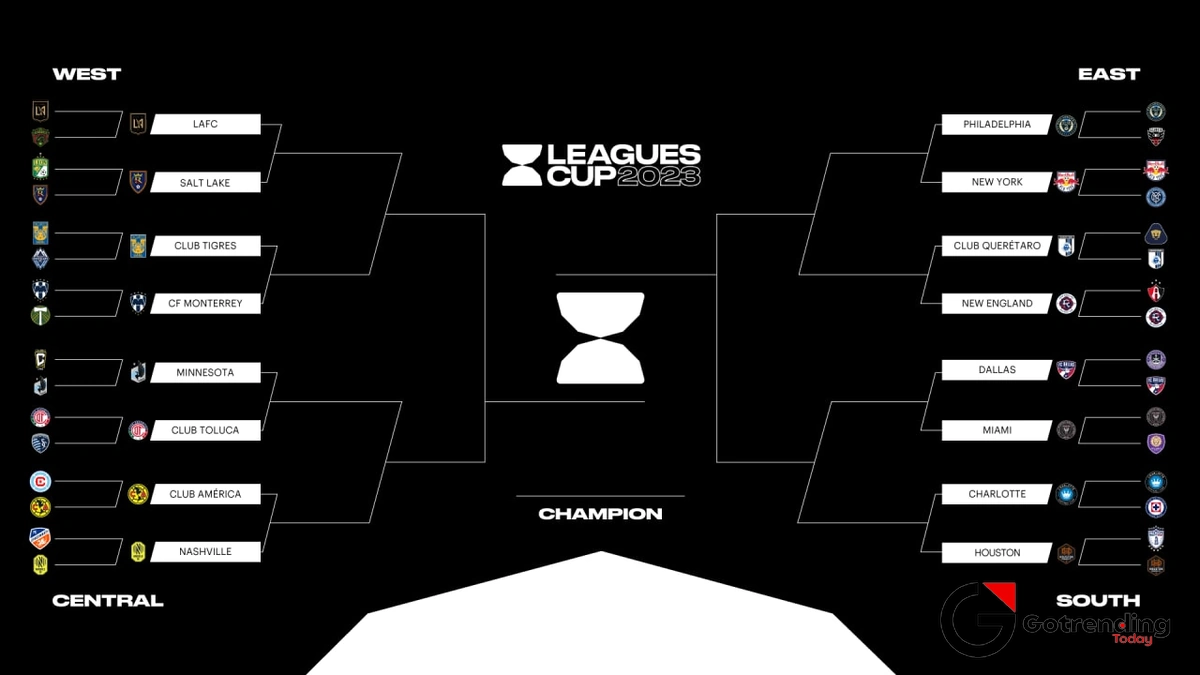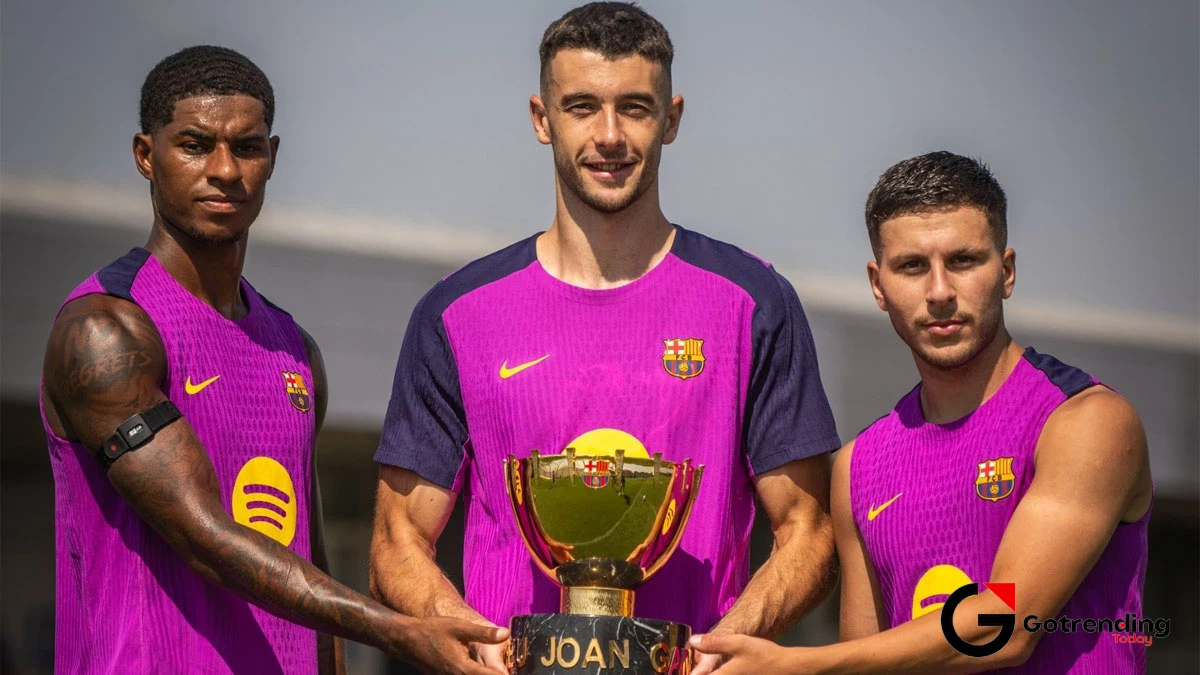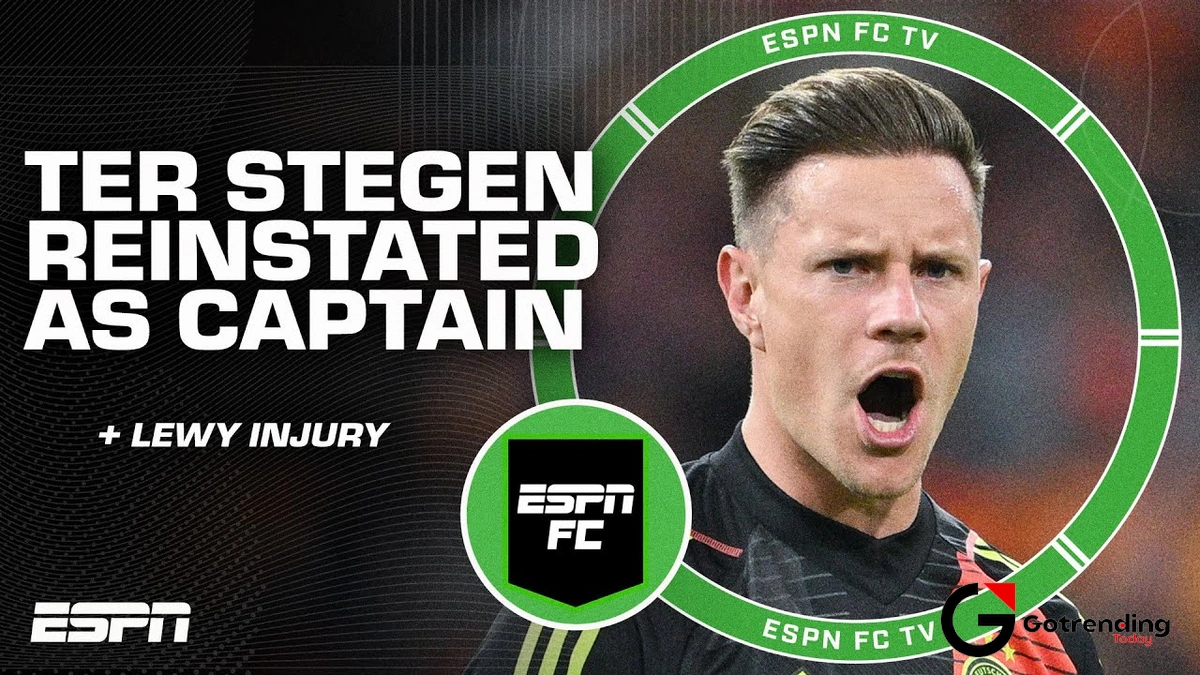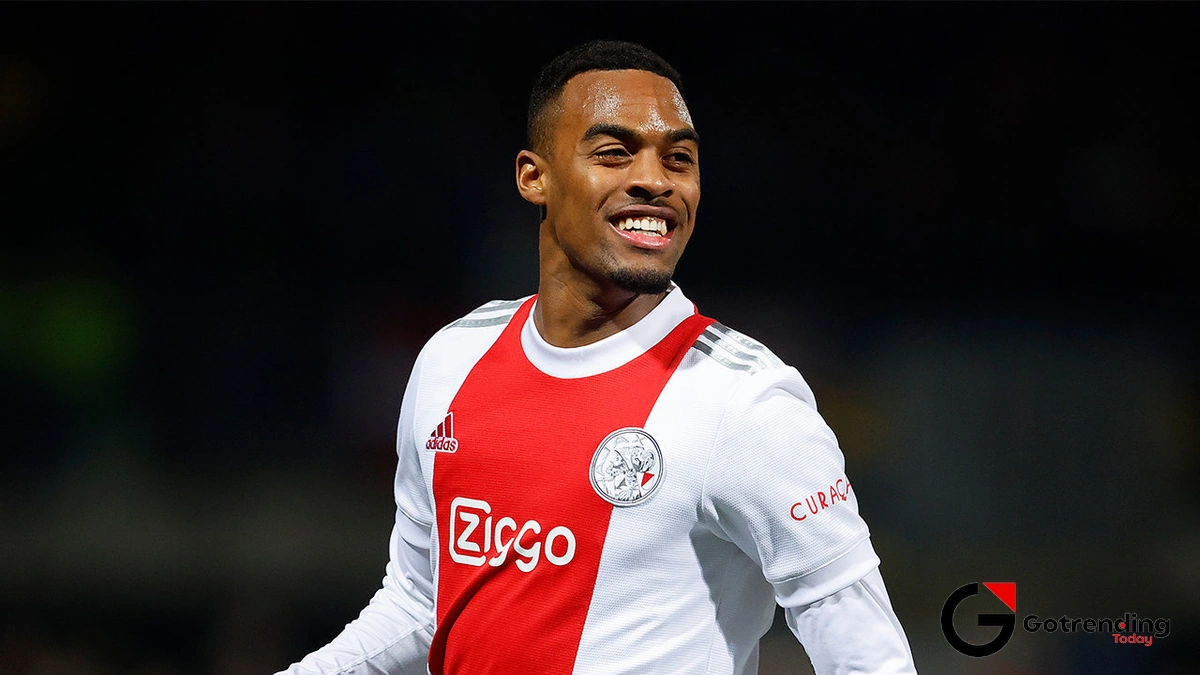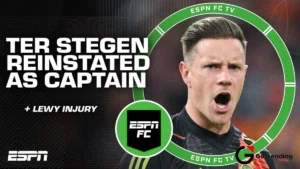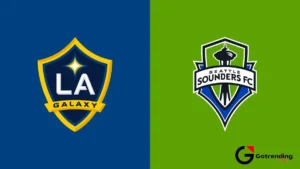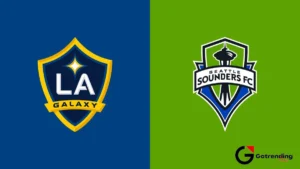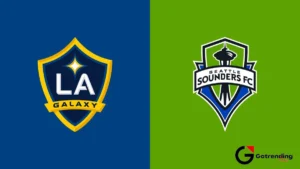The Leagues Cup | Why Messi’s New Playground is More Than Just Another Trophy
Let’s be honest. A few months ago, if I’d sat down with you at a coffee shop in Mumbai or Bangalore and said, “You absolutely have to watch the Leagues Cup,” you’d have probably given me a blank stare. Maybe you’d have politely asked if it was a new T20 cricket league.
And then, Lionel Messi happened.
Suddenly, our social media feeds were flooded with a man in a pink jersey, scoring a breathtaking last-minute free-kick for a team most of us had never heard of (Inter Miami). The crowd went wild. The world went wild. And in that moment, a little-known tournament became global headline news.
But here’s the thing. The story isn’t just about Messi being magical, as always. That’s the highlight reel. The real story, the one that’s far more fascinating, is why this tournament exists in the first place. This isn’t just another pre-season friendly. The Leagues Cup is a high-stakes, multi-billion dollar gamble to reshape the future of football on an entire continent. And what we’re seeing is just the explosive opening act.
So, What Exactly Is This Leagues Cup?

Okay, let’s break it down, minus the confusing jargon. Think of it like a mini-World Cup for North America.
For one month, the two biggest leagues in the region Major League Soccer ( MLS ) from the USA and Canada, and Liga MX from Mexico completely halt their regular seasons. Every single club from both leagues, all 47 of them, are thrown into one massive tournament. It starts with a group stage, just like the World Cup, followed by a do-or-die knockout bracket. Simple, dramatic, and easy to follow.
What fascinates me is the sheer commitment. Pausing your entire domestic season is a huge deal. It’s a signal that this isn’t just a side-hustle. The clubs, the owners, and the broadcasters are all-in. They’re trying to create a new, essential piece of the football calendar, something that has the history-making potential that players like Ansu Fati once represented for their clubs.
The winner gets a trophy, sure, but more importantly, they get prize money and a direct spot in the CONCACAF Champions Cup North America’s equivalent of the UEFA Champions League. It’s a tournament with real stakes.
The Real Game | It’s Not About Football, It’s About Billions
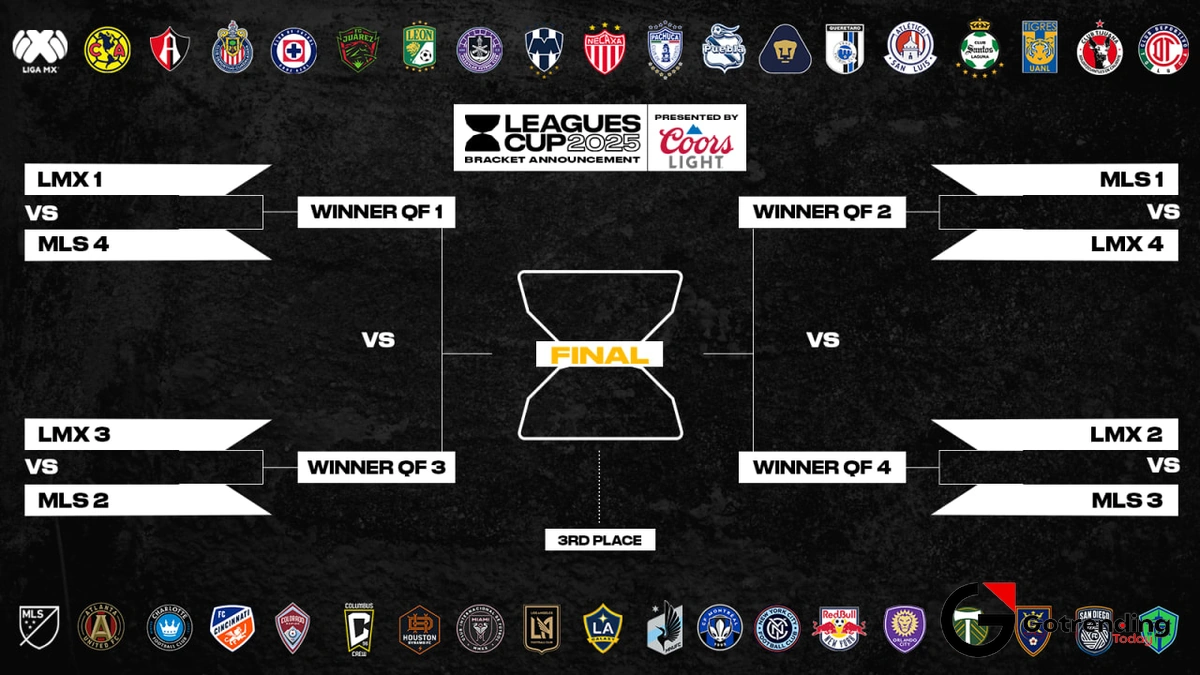
Here’s where it gets really interesting. For years, MLS and Liga MX have been rivals competing for the same thing: the hearts, minds, and wallets of North American football fans. Liga MX has traditionally been more popular, especially among the massive Mexican-American population in the US. MLS, while growing, has always been the younger brother trying to get noticed.
But then, they realised something powerful: they could make a lot more money together than they could apart.
Enter Apple. The tech giant recently signed a staggering 10-year, $2.5 billion deal to be the exclusive broadcaster of MLS games worldwide. This wasn’t just a TV rights deal; it was a strategic partnership. To make that investment pay off, Apple and the MLS needed something spectacular to sell to a global audience. The regular MLS season wasn’t quite enough.
And so, the Leagues Cup was supercharged. It’s the perfect product. It creates dozens of high-stakes, cross-border rivalry matches. It forces fans who only watched Liga MX to now pay attention to (and subscribe to watch) MLS teams. It’s a brilliant, if ruthless, business strategy designed to consolidate the entire North American football market under one subscription service.
It’s a different kind of strategic pressure cooker, a financial one, far removed from the on-field psychological battles once waged by figures like Nasser Hussain in cricket.
Messi | The Ultimate Cheat Code for Global Relevance
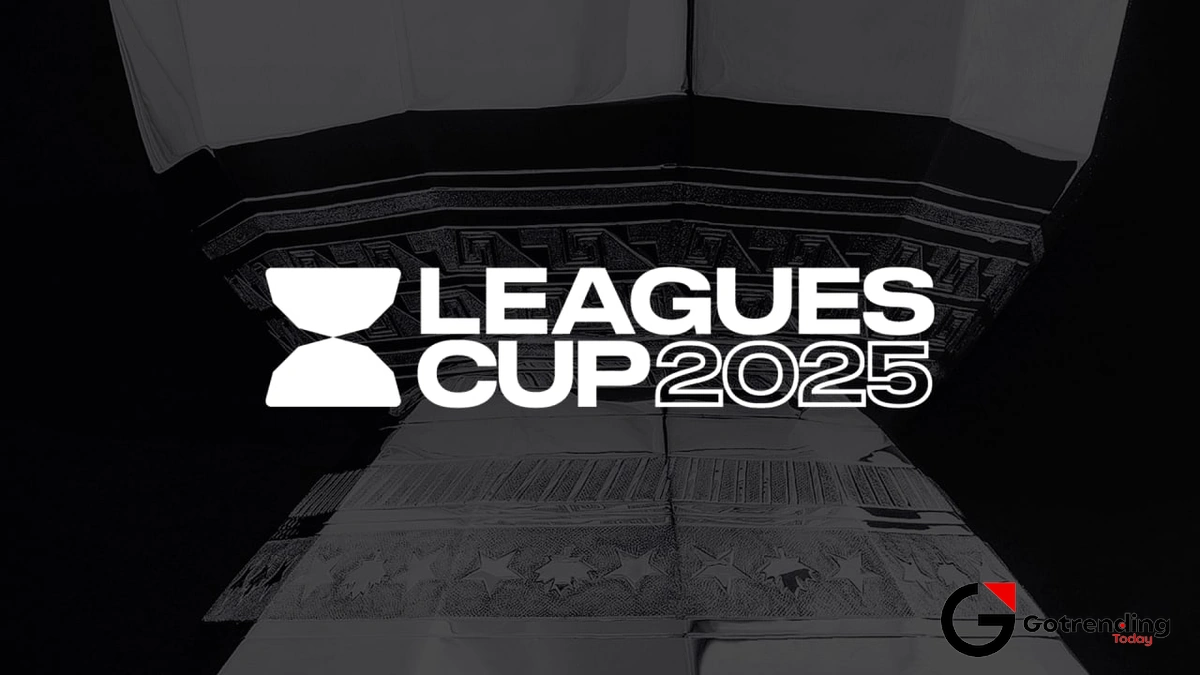
You can have the best strategy in the world, a brilliant format, and a multi-billion dollar broadcast partner. But you still need a spark. You need something to make the world actually look.
You need a cheat code. His name is Lionel Messi .
His signing with Inter Miami wasn’t a simple transfer. It was the keystone of this entire project. His contract is famously complex, reportedly including a share of the revenue from new subscribers to the MLS Season Pass on Apple TV. Think about that for a second. Messi isn’t just an employee; he is a business partner in the success of the very league he’s playing in. He has a direct financial incentive to make the Leagues Cup a roaring success.
And boy, did it work.
Overnight, “Inter Miami” and “Leagues Cup” became two of the most searched terms on the planet. Ticket prices for their games skyrocketed from $30 to over $1000. Stadiums sold out. And millions of people, from Delhi to Dublin, tuned in to watch. He didn’t just join a league; he single-handedly made the entire venture globally relevant. He gave the grand, ambitious business plan a human face and a magical left foot.
The Bigger Picture | A Dress Rehearsal for the 2026 World Cup
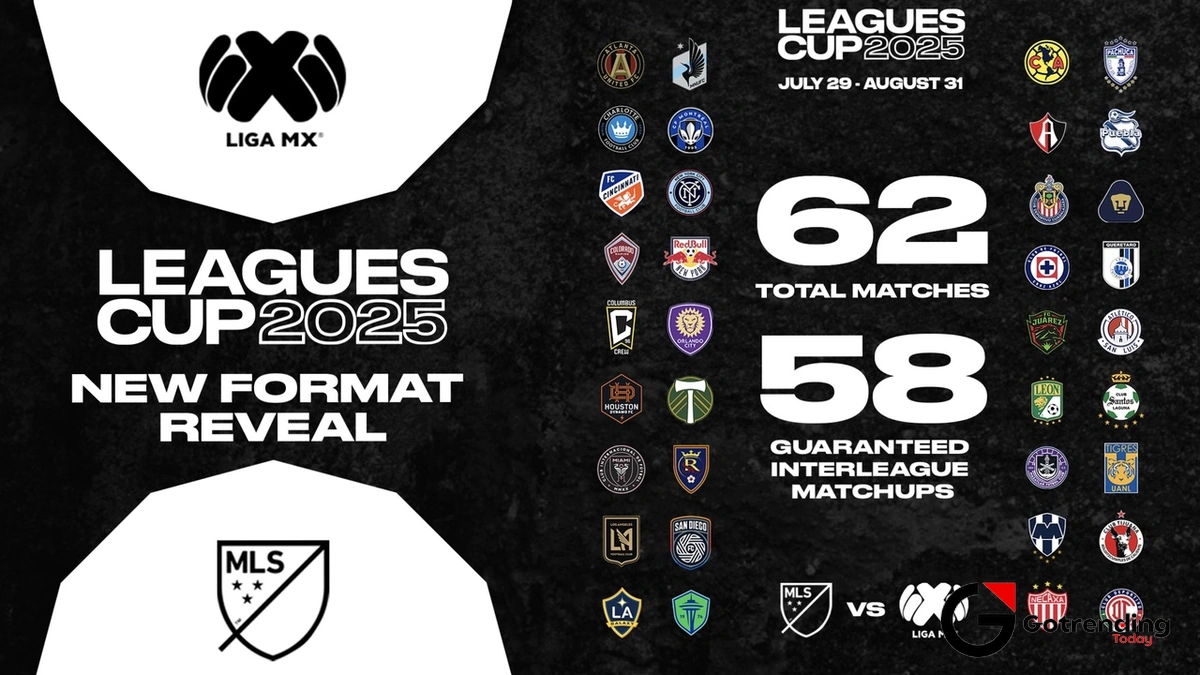
So, why go to all this trouble now? The timing is no accident. In 2026, the FIFA World Cup is coming to North America, co-hosted by the USA, Mexico, and Canada. It’s going to be the biggest World Cup in history, with an expanded format.
The Leagues Cup is the perfect, full-scale dress rehearsal.
It’s a logistical test. Can these cities handle multiple high-profile international matches in a short period? How do the teams manage cross-country travel? It’s also a marketing test. How do you build and sustain football fever in a country where the NFL, NBA, and Baseball usually dominate the conversation?
By creating an annual, high-drama tournament, you’re building a football culture. You’re getting fans used to the rhythm of knockout football. You’re creating new rivalries and storylines that will carry right into the 2026 World Cup . It’s a long-term strategy to ensure that when the world arrives in 2026, North America is not just a host, but a true football continent.
So, the next time you see a highlight from a Leagues Cup match, remember what you’re really watching. It’s not just a game. It’s a glimpse into the future a bold, ambitious, and incredibly well-funded experiment to create a new football superpower. It may not have the history of the Champions League, but it has Messi, it has money, and it has a plan. And for any football fan, that makes it impossible to ignore.
Frequently Asked Questions (FAQ)
What do the winners of the Leagues Cup actually get?
Apart from bragging rights and the trophy, the top three teams (winner, runner-up, and third-place finisher) earn automatic qualification for the CONCACAF Champions Cup, which is the premier club competition in North America. There’s also a significant prize pool, reportedly around $40 million, distributed among the participating teams.
Is the Leagues Cup going to be a yearly tournament?
Yes, that’s the plan. According to the official structure laid out by MLS and Liga MX, the Leagues Cup is designed to be an annual event where both leagues pause their seasons to compete every summer. It’s now a permanent and official part of the North American football calendar.
How can I watch the Leagues Cup in India?
The global broadcast rights for the Leagues Cup are held by Apple. To watch the matches legally and live in India, you need a subscription to the MLS Season Pass on the Apple TV app. There are no traditional TV broadcasters for the tournament in India.
Why are all the games played in the USA and Canada?
This is a point of contention, especially for Mexican fans. For the initial versions of the tournament, all matches are being hosted in MLS stadiums in the USA and Canada. The official reason points to logistics and broadcast efficiencies. However, it’s also a clear business strategy to capture the lucrative U.S. market and maximize revenue from ticket sales in American stadiums.
Is this tournament bigger than the US Open Cup or the Liga MX title?
That’s the million-dollar question. In terms of history, no. The domestic league titles and cups have a longer tradition. However, in terms of scope, prize money, and international attention (thanks to Messi), the Leagues Cup has instantly become a massive event. The organizers are betting that its prestige will grow to eventually rival, or even surpass, the domestic trophies.
